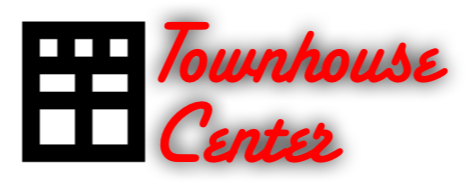I just finished reading The Black Swan by Nassim Nicholas Taleb. I'm late to the party and it took me a while to read (I'd rather be blogging), but I learned about a couple of things relevant to townhouses, including scalability and the following, pieced together from pages 314 to 368. "Mother Nature does not like anything too big. If I shot an elephant, I would hardly disturb the ecology. On the other hand, if you shot a large bank, I would shiver at the consequences and that if one falls, they all fall. Mother Nature does not limit the interactions between entities; it just limits the size of its units.
"Mother Nature initially created the mouth to eat, perhaps to breathe, perhaps for some other function linked to the existence of the tongue. Then new functions emerged that were most probably not part of the initial plan. Over the past three years I have become obsessed with the notion that, under epistemic limitations -- some opacity concerning the future -- progress (and survival) cannot take place without one of these types of redundancy.
"The organism with the largest number of secondary uses is the one that will gain the most from environmental randomness and epistemic opacity. So when you have a lot of functional redundancies, randomness helps on balance, but under one condition -- that you can benefit from the randomness more than you can be hurt by it (an argument I call more technically convexity to uncertainty).
"Yet most people do not realize that success consists mainly in avoiding losses, not in trying to derive profits. Indeed, I spent twelve years trying to explain that in many instances it was better -- and wiser -- to have no models than to have the mathematical acrobatics we had."
How should we plan our cities in light of these ideas? What would buildings look like if designed according to these principles?
